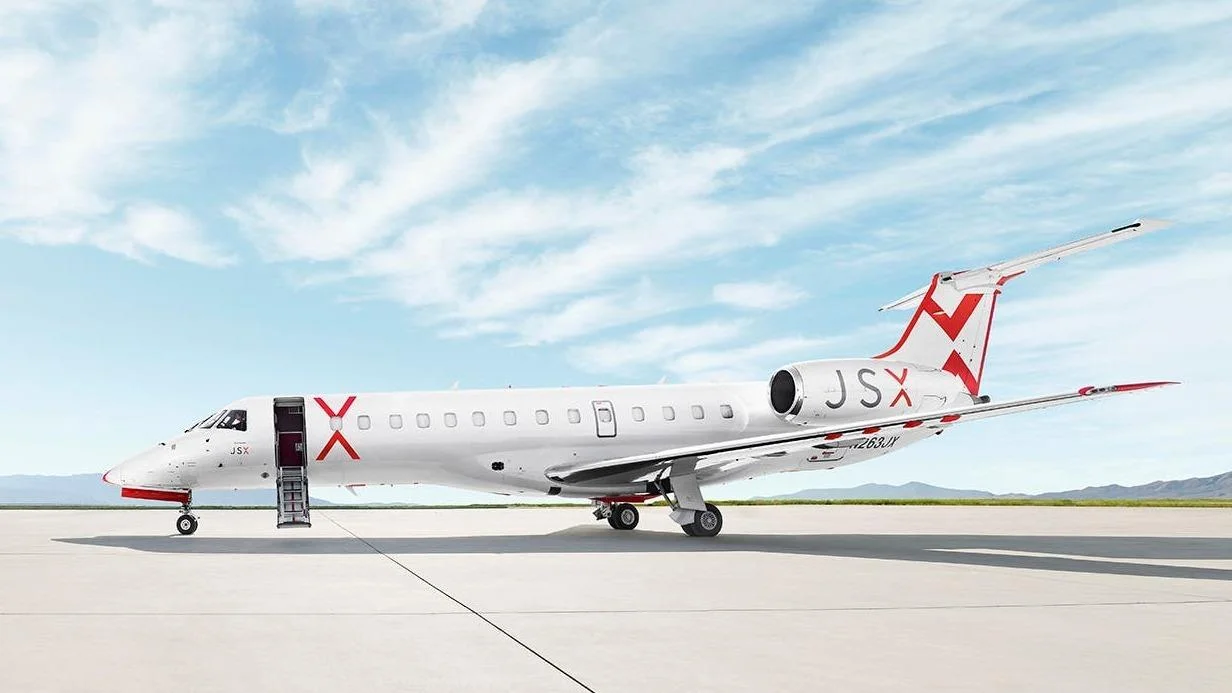News from July 2024
North Dakota-based Spectrum Aeromed has received FAA supplemental type certificate (STC) approval for its air ambulance modification designed for the Daher Kodiak 100. The STC permits the installation of up to two ambulance modules on the utility turboprop single—which can function on floats or wheels—as well as a four-drawer medical storage cabinet with mounting rails on top.
Champion Aerospace unveiled its Lightning Series Magneto (LSM), a new drop-in replacement for traditional magnetos, at EAA AirVenture.
Southwest Airlines announced Thursday it was abandoning one of its foundational features and dropping open seating in favor of the assigned seating used by all other airlines. It’s also going to start operating red-eyes. It hasn’t announced a date for the boarding changes but will begin booking red-eyes in February 2025. The airline said it will continue to allow passengers to check baggage for free.
The Dubai Civil Aviation Authority (DCAA) has issued certification to Air Chateau DWC, granting it clearance to develop new vertiports and heliports. The aviation consultancy stated that this approval will enable it to proceed with plans, including a large-scale helicopter project in the UAE announced in October.
As Bombardier evaluates the mergers and acquisitions landscape, the reacquisition of the Spirit AeroSystems facility in Belfast could be one of its next moves. Earlier this month, Spirit AeroSystems reached agreements with Boeing and Airbus to sell off the majority of its operations related to these OEM giants. However, it also planned to seek buyers for certain facilities, including the Belfast plant that it had acquired from Bombardier in 2020.
Magellan Aerospace Corporation has announced the signing of a Memorandum of Understanding (MOU) with Aequs Private Limited to explore the development of a business plan for a jointly-owned engine Maintenance, Repair, and Overhaul (MRO) business in the Aequs Special Economic Zone, located in Belagavi, Karnataka, India.
The initial version of the Airbus A321XLR, powered by CFM International's Leap 1A engines, has received type certification from the European Union Aviation Safety Agency (EASA). This milestone prepares the way for the entry into service of the narrowbody airliner at the end of the summer.
ITA Airways has announced that despite a widespread global IT outage, the company's systems have continued to function correctly due to backup solutions. However, severe air traffic restrictions in Europe and issues at some of the airports where it operates have impacted operations, causing delays and leading to the cancellation of 60 flights. These cancellations include 34 at Rome Fiumicino Airport and 26 at Milan Linate Airport.
Honeywell and Frequentis recently conducted a flight test to demonstrate how eVTOL aircraft could operate with a ground control station. In June, the partners flew a T-Drones VA25 drone at Amstetten in Austria, with the operation managed by Honeywell’s new ground control station from its research and development facility in Brno, Czech Republic.
GKN Aerospace will use Vaeridion’s all-electric, nine-passenger regional airliner as a testbed for developing new electrical wiring interconnection systems (EWIS) technology. The company announced the collaboration on July 25 at the Farnborough Airshow 2024, along with a similar partnership with electric propulsion system developer H55.
Southwest Airlines held its second-quarter earnings call today amidst significant revenue challenges and a campaign by an activist investor to change the current management and shift the airline's business model to resemble that of American Airlines, Delta, and United.
A self-proclaimed "free citizen" is facing federal charges in Alaska for allegedly nearly causing a midair collision, according to the Federal Aviation Administration (FAA). William Brian Marsan was indicted and jailed on July 18 after he reportedly taxied his Piper Cherokee to the wrong end of the active runway at Warren "Bud" Woods Palmer Municipal Airport and took off into oncoming traffic without making a radio call. Authorities are also attempting to seize the aircraft. Marsan is known as the former owner of Sound Air, a local aviation company.
A study published yesterday reveals that business aviation flights from Farnborough Airport contribute £1.9 billion of gross value added (GVA) to the UK economy every year. The CBI Economics study, which included a comprehensive survey of UK businesses, found that approximately 80% of the flying activity from Farnborough Airport related either directly or indirectly to supporting UK business and inward investment.
Southwest Airlines, the second-largest carrier in Atlanta, announced plans to end open seating and move to assigned seats.
Digital reality solutions provider Hexagon has unveiled a new automated quality inspection system at the Farnborough Airshow this week. The launch comes as aerospace manufacturers face increasing pressure to boost production.
The Experimental Aircraft Association (EAA) Young Eagles Program has named NFL All-Pro tight end Jimmy Graham as its new chairman.
Stertil-Koni, a leading provider of heavy-duty vehicle lifts in North America, announced that DeLyn Wirkus has joined the company as National Account Manager.
Hong Kong will soon roll out its Advance Passenger Information System (APIS) to enhance border security by requiring operators of international private and commercial flights to provide pre-arrival and departure manifest data to Hong Kong officials. The APIS for Hong Kong has been under development since March 2023.
FARNBOROUGH, England — In a small side room at the Farnborough Air Show, JoeBen Bevirt, founder and CEO of Joby Aviation, conveyed his vision for electric air taxis. Bevirt envisions flying from Seattle to the San Juan Islands in a whisper-quiet, four-seat air taxi within 10 to 15 minutes.
Full-regime lateral and vertical navigation systems were first introduced in third-generation air transport aircraft during the 1980s. Designed to ease workload, increase situational awareness, and improve flight path guidance, LNAV and VNAV systems are favored by generations of pilots. However, these same automated systems—particularly VNAV—can be deemed overly complex and confusing by pilots, often resulting in unexpected or undesirable outcomes.
 Alerts Sign-up
Alerts Sign-up



















